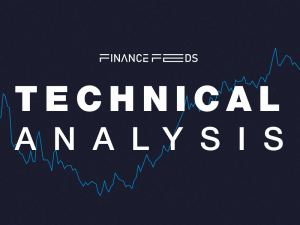Jefferies’ maximum exposure to loss due to involvement with FXCM remains at $130m
The exposure is limited to the carrying value of the term loan ($53.8 million) and the investment in associated company ($76.2 million).

Jefferies Financial Group Inc (NYSE:JEF), formerly known as Leucadia National Corporation, has filed its 10-Q report for the quarter to end-May 2020 with the Securities and Exchange Commission (SEC).
The document shows that Jefferies’ estimate regarding its exposure to loss as a result of its involvement with FXCM remains unchanged overall when compared with the previous quarter estimate.
Jefferies’ investment in FXCM and associated companies consists of a senior secured term loan due February 15, 2021 ($71.6 million principal outstanding at May 31, 2020), a 50% voting interest in FXCM and rights to a majority of all distributions in respect of the equity of FXCM.
Jefferies Group entered into a foreign exchange prime brokerage agreement with FXCM in 2017. In connection with the foreign exchange contracts entered into under this agreement, Jefferies Group had $2.1 million and $9.9 million at May 31, 2020 and November 30, 2019, respectively, included in Payables, expense accruals and other liabilities in the Consolidated Statements of Financial Condition.
Jefferies’ maximum exposure to loss as a result of Jefferies’ involvement with FXCM is limited to the carrying value of the term loan ($53.8 million) and the investment in associated company ($76.2 million), which totaled $130.0 million at May 31, 2020. Let’s note that the maximum exposure to loss as a result of Jefferies’ involvement with FXCM included the carrying value of the term loan ($61.6 million) and the investment in associated company ($68.4 million), which totaled $130 million at February 29, 2020.









